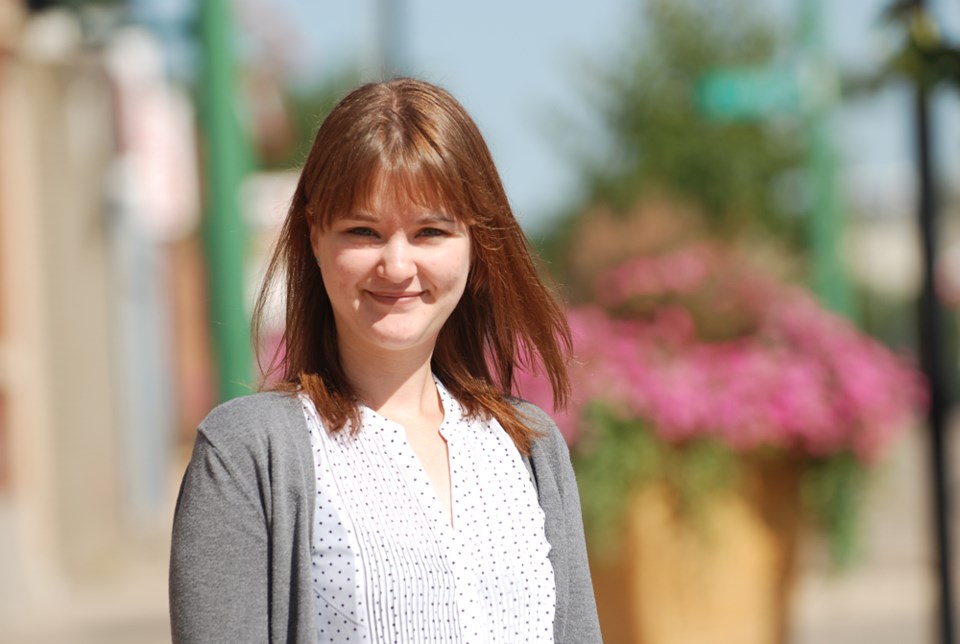Last week’s episode of TV series Game of Thrones featured a main character getting raped while another character was forced to watch. Game of Thrones has never shied away from sexual violence, but this scene was different in that there was no narrative reason for the woman to get raped, it didn’t advance the plot at all, and in the end, it focused on the man forced to watch and became about his feelings.
Game of Thrones has had this problem from the beginning: it sometimes seems to take delight in exploiting its female characters and catering only to its male viewers, despite the fact that it probably has an almost equal number of female viewers. It’s not like this is anything new – popular media always cares about its white male viewers above all. But the difference is that now there is a bigger push for inclusiveness in media, and Game of Thrones can no longer just blend into the host of other shows featuring white male leads doing manly things and getting the reward of a woman for his trouble. This is the first rape scene on the show that has prompted large numbers of people to quit watching. Pop culture website The Mary Sue announced after the episode that it was not going to promote Game of Thrones on the site anymore.
With the Internet and fan forums and direct Twitter communication, everyone has a voice now. Instead of just accepting that every narrative has a white male lead, everyone else can band together and campaign for more inclusiveness in media – and people are listening.
Over in the comic world, which is traditionally male-dominated, Marvel is doing great things with promoting diversity. It’s always been pretty good with female leads (Spider-Woman, Spider-Girl, She-Hulk, Hellcat, etc.) and created one of the first gay superheroes, but is now going the extra mile: the new Captain America is black, the new Thor is a woman, and the new Ms. Marvel is Muslim. A Marvel female-led series is set to air on Netflix (the first show about a female superhero since Wonder Woman in the ‘70s), as well as a show with a black lead coming out. They also recently announced an all-female Avengers team. DC has a Native teenage girl superhero, a female Question, a gay Batwoman, a Hispanic Blue Beeetle, and will (hopefully) come out with a Wonder Woman movie after she cameos in the upcoming Batman v. Superman.
Because people can easily push for change now, there’s a lot more discontent surrounding lack of diversity in media. Lena Dunham’s Girls constantly came under fire for its whitewashed cast, despite being set in New York City. In season 2, Donald Glover was cast as the main character Hannah’s boyfriend, while season 3 saw another black character interact with Jessa. The sci-fi show Doctor Who features a succession of different (male) actors playing the titular Doctor, but recently there’s been a mini-campaign to have the first female Doctor. It likely won’t happen for a few years – but now there’s some hope that it could happen.
Video games are another medium that caters almost exclusively to men, but it’s slowly changing. Women who speak out against lack of representation and sexism in video games endure horrible backlash (Anita Sarkeesian got death and rape threats, Brianna Wu is the target of one man who constantly threatens to murder her in her home), but the community is slowly getting more inclusive: the newest Tomb Raider game had Lara Croft wear actual clothes and the critically-acclaimed The Last of Us had four main roles, three of which were filled by women. However, the road to inclusiveness isn’t easy: in The Last of Us, you play as Joel, escorting Ellie across the US. You briefly get to play as Ellie, and she helps you in combat. Even then, marketers didn’t want Ellie on the cover of the game, because God forbid gamers have to acknowledge that women exist - thankfully, the company succeeded in getting her in promotional materials. But while change is coming slowly, at least women and minorities are fighting back against lack of diversity.
People other than white males have stories to tell, and having more variety in storytelling can only make stories better. While, as we’ve learned, having a voice on the Internet doesn’t always lead to anything good, telling more stories only enriches our culture.




